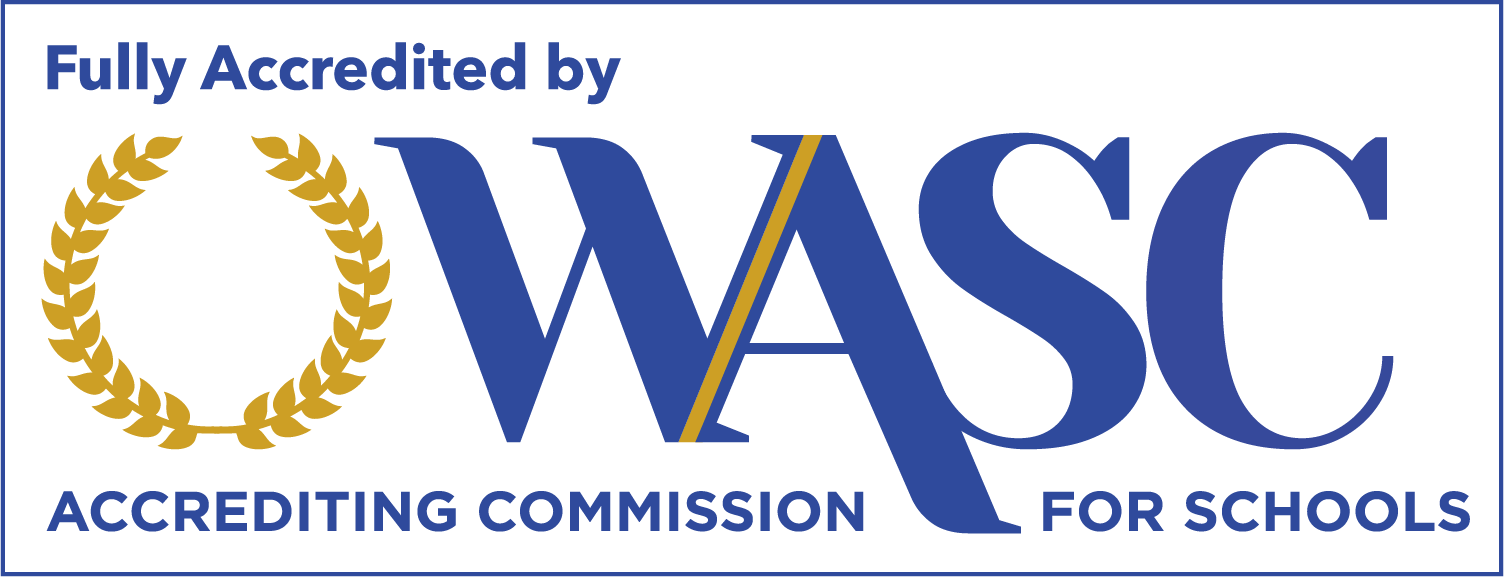Can a Child Get SSI for Dyslexia and ADHD?
One in five American students experiences a learning disability such as dyslexia or ADHD. While these diagnoses are common, they are not always affordable. It can cost families up to $5,000 for an evaluation alone, not to mention interventions and therapies.
For families with lower socioeconomic status, these expenses can begin to add up. If you’re struggling to care for a child with a learning disability, it may be time to look into SSI.
But can a child get SSI for dyslexia and ADHD?
The answer is complex. We’ve created this guide to help families understand which children may qualify for SSI disability benefits and which may not.
Continue reading to learn the truth about SSI for learning disabilities.
What Are SSI Disability Benefits?
SSI stands for “supplemental security income.” It is government funding used to support individuals with a disability. Children under 18 with specific disabilities are eligible for SSI payments.
You and your child must meet specific eligibility requirements to qualify. Foremost, you must have documented evidence of a formal disability diagnosis. Second, you must demonstrate financial need.
If the government approves your application, you will receive a monthly payment. As of 2023, the payment is approximately $914. You must use these funds to support your child and attend to their unique needs.
Can Children With Dyslexia Get SSI?
SSI benefits are typically awarded to children whose disability severely impacts their quality of life. Ask yourself if your child’s disability makes it difficult for them to live a satisfying, successful life. Is their disability so severe that they are unlikely to get and keep a job?
Learning disabilities such as dyslexia are part of the government’s “blue book.” The blue book is a comprehensive list of qualifying disabilities. Since dyslexia is a learning disability, it is possible to qualify.
More often than not, you must demonstrate that your child has severe dyslexia or is functionally illiterate.
Your documentation must prove an “extreme limitation” in at least one of the following areas:
- Understanding or using information
- Interacting with others
- Concentrating on tasks and maintaining pace
- Adapting or managing oneself
It is tough, but not impossible, to meet the SSI requirements with dyslexia alone. Most individuals who receive SSI for dyslexia have multiple disabilities.
Can Children With ADHD Get SSI?
ADHD falls into the SSI category of “neurodevelopmental disorders.” As with dyslexia, it is possible, but challenging, to receive SSI for ADHD alone. You will need documentation of an “extreme limitation.”
Your child with ADHD may qualify for SSI if they demonstrate the following:
- Hyperactive and impulsive behavior
- Frequent distractibility
- Recurrent motor movement or vocalization
- Significant difficulties learning and using academic skills
In addition to the above, you must demonstrate that they possess severe limitations in two to three of the following areas:
- Concentrating on tasks
- Interacting with others
- Adapting or managing oneself
- Learning, understanding, and remembering information
It is somewhat easier to demonstrate a need for a child with ADHD than with dyslexia. With that said, it is still rare for a child to qualify with a diagnosis of ADHD alone.
Can a Child Get SSI for Dyslexia and ADHD?
As a general rule, you are more likely to qualify for social security disability benefits if your child has multiple disabilities. Thus, children with severe dyslexia and ADHD are more likely to qualify than children with a single diagnosis.
You will still need to document the severity of each condition. The goal is to “functionally equal a listing.” In other words, you must prove that your child’s combination of symptoms is severe enough to meet the requirements for at least one SSI disability.
Instead of basing its determination on functional areas, the government will base its decision on “domains.” These are broader categories of functioning. Six domains reflect a combination of mental and physical abilities.
The six SSI domains are:
- Acquiring and using information
- Attending and completing tasks
- Interacting and relating to others
- Moving about and manipulating objects
- Taking care of oneself
- Health and physical well-being
Your child must have marked impairments in at least two domain categories above. Furthermore, they must have an extreme impairment in at least one category. The cause of the impairment may be a combination of symptoms from two or more conditions, such as dyslexia and ADHD.
What Are the Financial Requirements for SSI?
The government considers both your income and resources when making the final decision regarding SSI benefits. They typically look at income levels in the child’s entire household.
These factors come into consideration whether your child lives at home or attends a residential school. If you make more than the amount the government allows, they may deny your claim, regardless of the severity of your child’s condition.
The maximum income varies based on many factors, including your household size. This includes ineligible children and the number of parents in the household. The government also differentiates between earned and unearned income.
If your teenager is old enough to work, their income may also factor into the final decision.
If you receive a public income maintenance payment and your child meets all of the disability requirements, your income does not apply.
Financial Support for Children With a Learning Disability
The answer to “Can a child get SSI for dyslexia and ADHD?” is more complex than yes or no. Most children with a single disability will not qualify for SSI benefits. Children with two or more disabilities may apply, dependent on the family’s income level.
If you’re seeking support for a child with dyslexia or ADHD in the Sacramento area, READ Academy can help. With a knowledgeable support system, you won’t have to navigate disability alone. Reach out today to schedule an assessment or discuss our support services.




